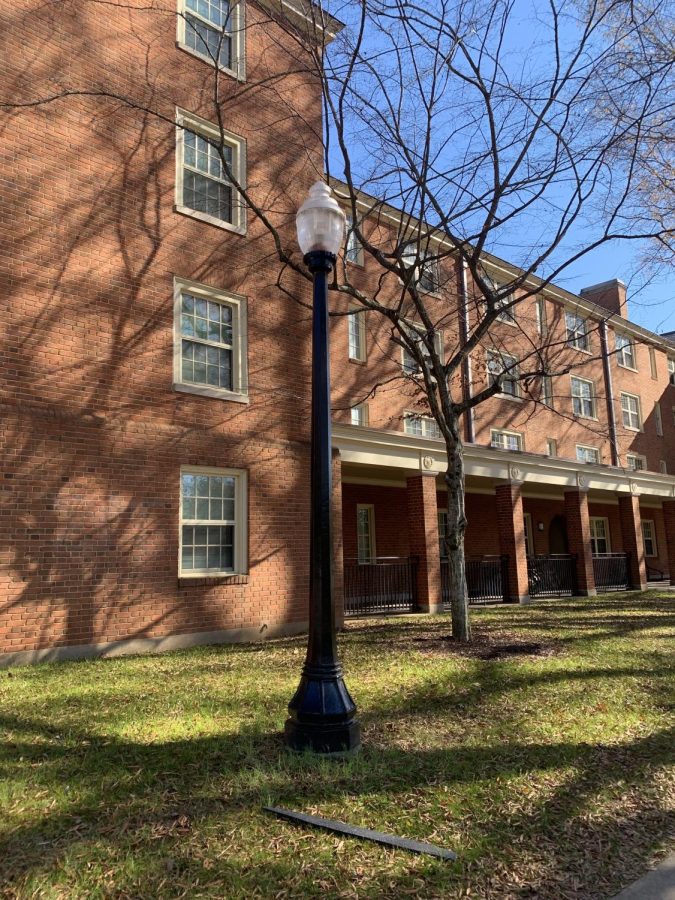Stalking
December 1, 2022
As part of the Campus Climate Survey, Wake Forest investigated the prevalence of stalking on campus. While survey results were comparable to the AAU survey with respect to most categories, they differed significantly when it came to students who reported experiencing stalking on campus. Only 6% of AAU Campus Climate Survey respondents reported experiencing stalking since starting school compared to 19% of Wake Forest students.
Part of this discrepancy is likely due to different definitions of stalking between the AAU and Wake Forest surveys. Wake Forest students could report a one-time incident of stalking, whereas the AAU defined the behavior as two or more incidents.
I, Isabella Romine, am in favor of Wake Forest’s choice to define stalking less strictly. It does not always take more than one instance of unwanted contact or someone showing up uninvited to cause substantial emotional distress, as 33% of Wake Forest students who disclosed being stalked reported experiencing. Underreporting already plagues sexual harassment crimes, as people often doubt if their experience actually constitutes an offense. Further, the nuances of these situations cannot be captured in a quantitative study — one incident of someone showing up unexpectedly and refusing to leave could be as distressing as repeated unwanted messages. The number of times something has occurred does not necessarily have a direct correlation with its emotional impact. If a student feels sexually harassed, their experience should not be readily dismissed — even if it happened only once.
Unfortunately, Wake Forest makes it very easy to find other students through their internal directory.
“WIN-stalking,” a popular pastime on campus, involves looking up people on the Wake Information Network (WIN) Internal Directory to find information about them — including their campus emails, home addresses, P.O. boxes, phone numbers, room numbers and an image of them. Students, faculty and staff can be searched.
In my first semester of college, I was introduced to one of WIN’s most popular features: finding people’s home addresses, looking them up on Zillow and seeing what their houses look like and how much they’re worth. While this seems to be a breach of privacy, it is probably among the more harmless incidents of WIN-stalking. Most students I informally asked while writing this article were aware of this practice, with some admitting to engaging in it themselves out of curiosity.
Not everyone is aware that this information is readily available. When my classmates and I informed one professor during class that we could find her address, she was understandably horrified. As soon as I learned this information was available, I changed my privacy settings on WIN to show as few details as possible. It’s true that the digital era already makes information such as home addresses easy to find, but this process should not be made any easier — especially when you can search for someone on WIN by first name alone.
While I understand the possible uses of such information being available in the directory — just the other day, I used WIN to find my friend’s room number and meet him in person when his phone was broken — the need for privacy and security outweigh the benefits when the consequences could easily be tragic. Fifty-three percent of Wake Forest students who reported stalking said that the person showed up uninvited or was waiting unexpectedly somewhere for them. If any one of these incidents could be attributed to WIN’s readily available information, that is one incident too many.
As I understand it, the system is opt-in, and all information is automatically displayed when a campus account is set up. If certain categories are not eliminated entirely, then displaying them should at the very least be opt-in. Everyone in WIN — faculty and staff included — should also be made more aware of the information available so they can better choose what to reveal.
